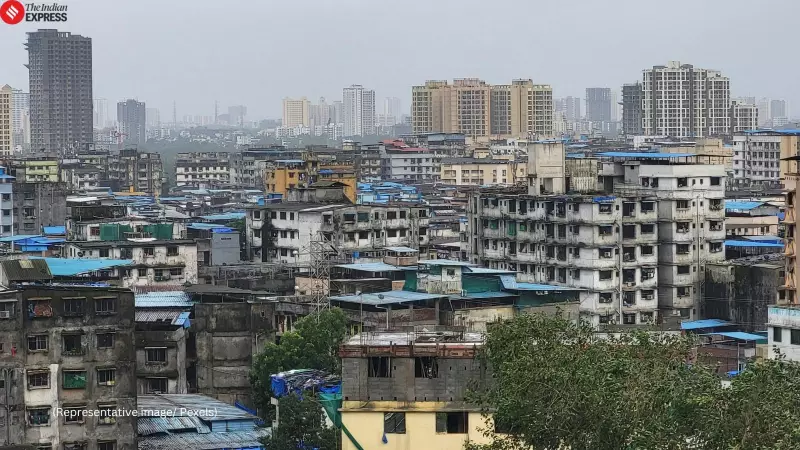
In the heart of India's bustling capital, a quiet revolution is taking place within the walls of shared apartments and housing societies. Young professionals, particularly women, are finding creative ways to combat the growing epidemic of urban loneliness that plagues metropolitan cities across the country.
The Silent Struggle of City Living
Delhi, with its population of over 20 million, presents a paradox that many young migrants experience firsthand. Surrounded by millions, yet feeling completely alone in the crowd. The daily grind of long commutes, demanding work schedules, and the transient nature of modern relationships has created a generation of isolated individuals longing for genuine connection.
Women Leading the Change
Among the most affected demographic are young women who've moved to the city for education and career opportunities. Many find themselves navigating the challenges of urban life without the traditional support systems of family and childhood friends. This has led to an innovative approach to shared living that goes beyond mere convenience.
Beyond Roommates: Building Micro-Communities
What started as practical housing solutions has evolved into intentional community building. Women are carefully selecting flatmates not just based on budget compatibility, but shared values, interests, and lifestyles. These arrangements are transforming from temporary living situations into chosen families that provide emotional support during difficult times.
The Mental Health Impact
Mental health experts note that these organic support systems play a crucial role in preventing serious psychological distress. Regular conversations over chai, shared meals, and spontaneous outings create buffers against the stress of city life. The simple knowledge that someone will notice if you don't come home at night provides a sense of security that money can't buy.
Neighborhood Networks Expand the Safety Net
The phenomenon extends beyond individual apartments to entire housing societies. Women are forming neighborhood groups that organize everything from book clubs and fitness sessions to emergency support networks. These connections prove particularly valuable during health crises, family emergencies, or professional challenges.
A Blueprint for Urban India
This grassroots movement offers valuable insights for urban planners and policymakers. As India's cities continue to grow, creating spaces that foster community interaction becomes increasingly important. The success of these organic networks suggests that the solution to urban loneliness lies not in more isolation, but in designing opportunities for meaningful connection.
The experiences of Delhi's young professionals demonstrate that while the city can be isolating, it also contains the seeds of community for those willing to plant them. In shared apartments and neighborhood parks, a new urban family structure is emerging—one based on choice, mutual respect, and the fundamental human need for connection.





